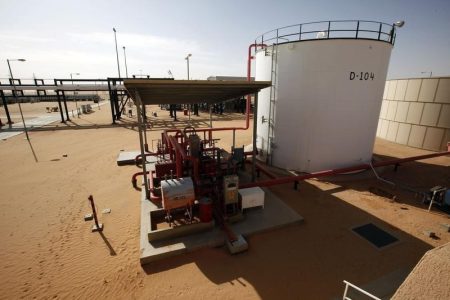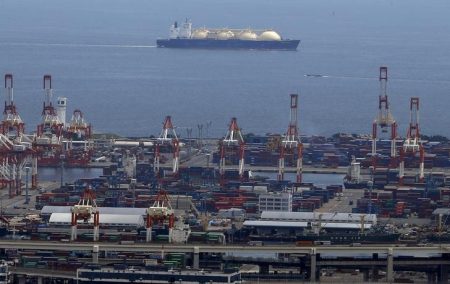The ongoing Israel-Gaza conflict, initiated by an attack from Hamas on Israel, may trigger a significant surge in commodity prices, particularly oil and gas, according to the World Bank. Energy prices have already seen a 9% increase since the onset of the conflict, with potential for further shocks. This situation echoes historical events such as the Arab oil embargo, Iranian revolution, and the Iraqi invasion of Kuwait, which caused substantial disruptions in oil supplies.
If the conflict escalates significantly, it could disrupt oil supplies extensively leading to an initial surge in oil prices and impacting other markets. The World Bank’s commodity price index has already experienced an uptick due to supply-side issues in the oil markets. In Q3, it witnessed a 5% rise.
Despite these predictions, market effects have been relatively muted so far. prices have remained high following the initial shock. The Washington D.C.-based lender forecasts average oil prices at $90 a barrel this quarter. However, it has also provided three different scenarios based on varying levels of disruption: small-disruption scenario, medium disruption, and regional conflict.
The global reliance on oil has lessened with a geographically diverse supply, which could potentially mitigate some effects of escalation. In addition to oil and gas, and gold prices are also expected to rise due to the conflict. Futures for these commodities are anticipated to cross $2,000 an ounce.
This article was generated with the support of AI and reviewed by an editor. For more information see our T&C.
Read the full article here















